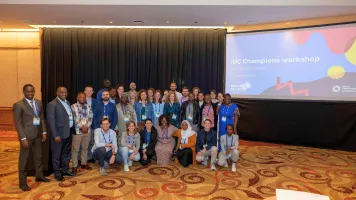The Global Partnership for Sustainable Development Data supports country partners at the national and sub-national levels in Tanzania to develop and implement whole-of-government, multi-stakeholder data roadmaps for sustainable development.
The Tanzania Data Lab is a data science hub in Dar es Salaam that has come out of a partnership between the Millennium Challenge Corporation (MCC) and the United States President’s Emergency Plan for AIDS Relief (PEPFAR). Working under the umbrella of the Data Collaboratives for Local Impact (DCLI) MCC/PEPFAR partnership, the dLab is at the forefront of building a data-driven ecosystem in Tanzania – at a national level and among individuals - by working concurrently to augment the demand for data, increase the supply of it, and improve local technical capacity.
There are a number of other data innovation activities currently supporting sustainable development in Tanzania. See below for blogs, partner activities, initiatives, and resources related to sustainable development data in Tanzania.
Related initiatives
Related blog posts
Recap of the UN World Data Forum: Using OpenStreetMap for the Sustainable Development Goals
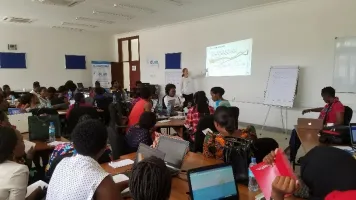
People are the Heart of the Data Revolution
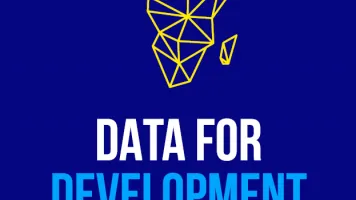
Les Pays D’afrique Mènent La Révolution Des Données
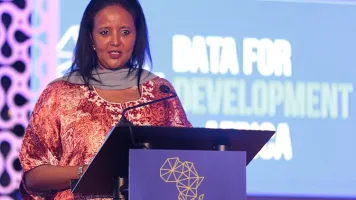
African Governments Lead the Way on Data Revolution

Data for Development Festival

New Report Assesses Data Roadmaps for Sustainable Development
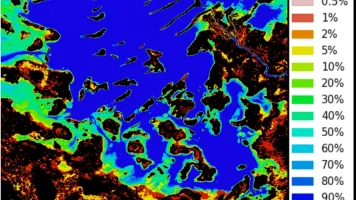
Brokering a Solution to Address Country-Level Challenges: The Africa Regional Data Cube

New satellite technology tool transforms ability to manage food security in five African countries
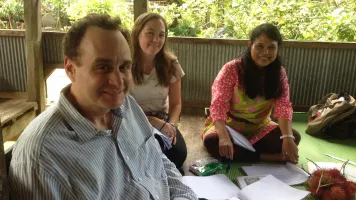
Identifying Survey Respondents: Testing Alternatives to a Census

Africa Regional Data Cube Workshop and Launch

Satellite will improve our future

The Africa Regional Data Cube: Harnessing Satellites for SDG Progress

Using Data to Address Climate Challenges: Five Takeaways From Sierra Leone and Tanzania

How the agriculture sector is leading the way for investment in data
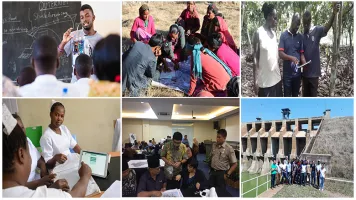
Seven data innovation projects win funding to tackle local challenges
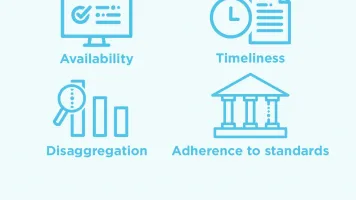
Bridging the Gender Data Gap: Data2X's Latest Efforts
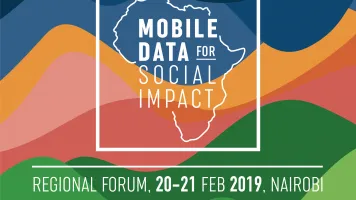
Government of Kenya and private sector to collaborate on mobile phone data protection & privacy framework
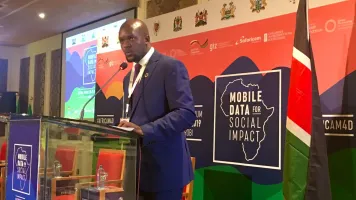
Opening Remarks ‘Mobile Data for Social Impact’ Regional Forum

Holding on to the promise: strengthening administrative data for Agenda 2030

Cumplir con la promesa: fortalecer los datos administrativos para la Agenda 2030
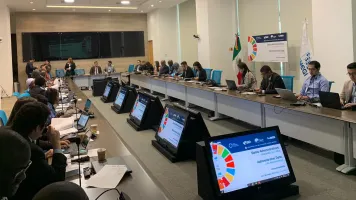
'Ordinary' data can deliver extraordinary boost in life chances say Latin American and African governments
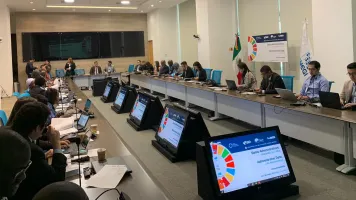
Los datos de 'rutina' pueden brindar un impulso extraordinario en las oportunidades de vida, dicen los gobiernos de América Latina y África

Now more than ever - realizing the full promise of administrative data: highlights from the LAC-Africa Peer Exchange

Ahora más que nunca - haciendo realidad la promesa de los registros administrativos: aspectos destacados del intercambio de experiencias ALC - África

Time series for nature: Preserving mangroves in Zanzibar

Using satellite data to combat drought: Monitoring Lake Sulunga, Tanzania
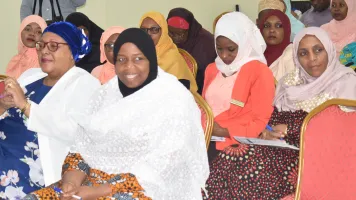
Bridging the gender gap in Zanzibar this African Statistics Day

How data-driven approaches are advancing efforts to end gender-based violence in Zanzibar
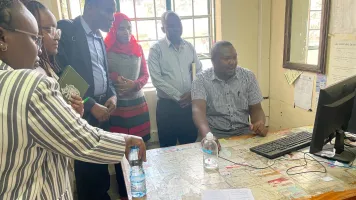
Advancing expertise in health data governance: a summary
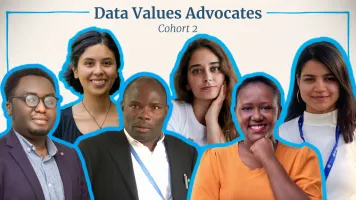
Introducing our new Data Values Advocates

The key elements for data-driven economic growth
Related resources
Results Data Initiative: Findings from Tanzania
Implementing Agenda 2030: Unpacking The Data Revolution At Country Level
Data Roadmaps for Sustainable Development: Assessment and Lessons Learned
Climate Change Open Data for Sustainable Development: Case Studies From Tanzania and Sierra Leone

Tanzania Data Roadmap for Sustainable Development: Lessons from 2016–2018
Mobile Data for Social Impact: Summary Report

Agriculture Data Shaping Policy and Changing Lives in Kenya & Tanzania
ARDC Lessons Learned One Year Post-Launch
Preserving Lake Sulunga with Satellite Data Technology
A Study of Africa Regional Data Cube Governance Frameworks and Operationalization
Latin America and the Caribbean-Africa Peer Exchange on Administrative Data
Intercambio de experiencias entre América Latina y el Caribe y África sobre registros administrativos
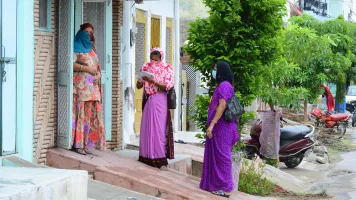
Three Years of the Inclusive Data Charter

Four Years of the Inclusive Data Charter
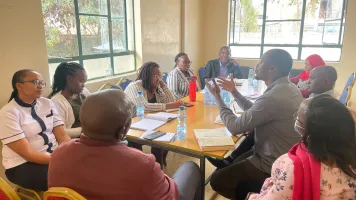
Advancing Expertise in Health Data Governance: Lessons from the Ministries of Health in Kenya and Zanzibar



